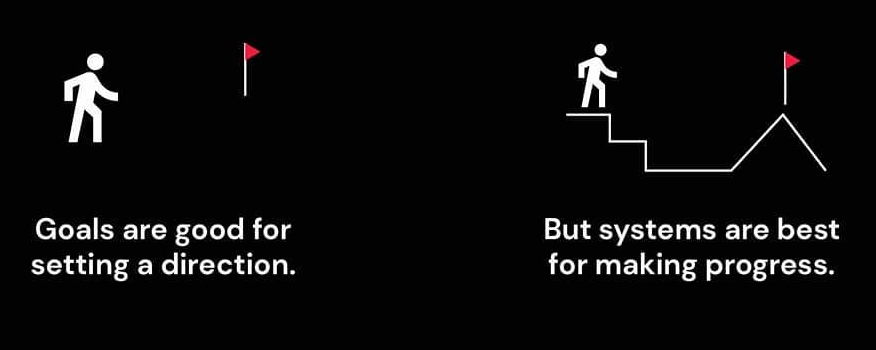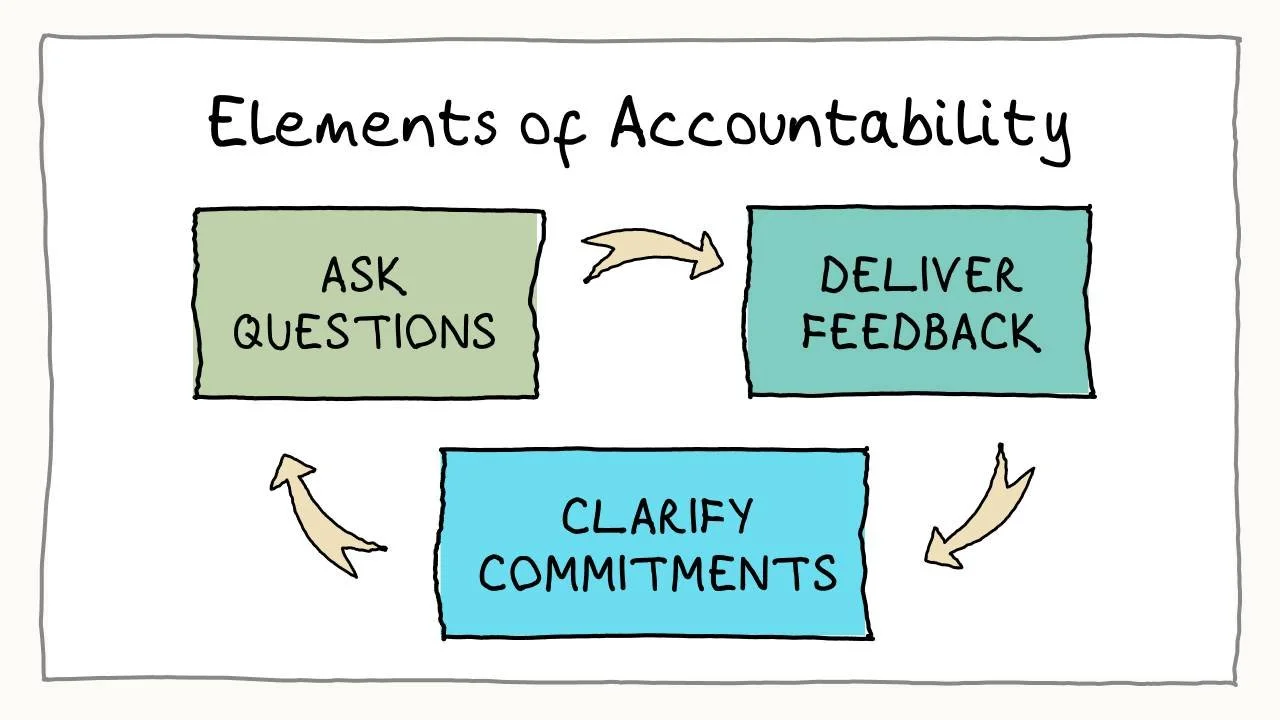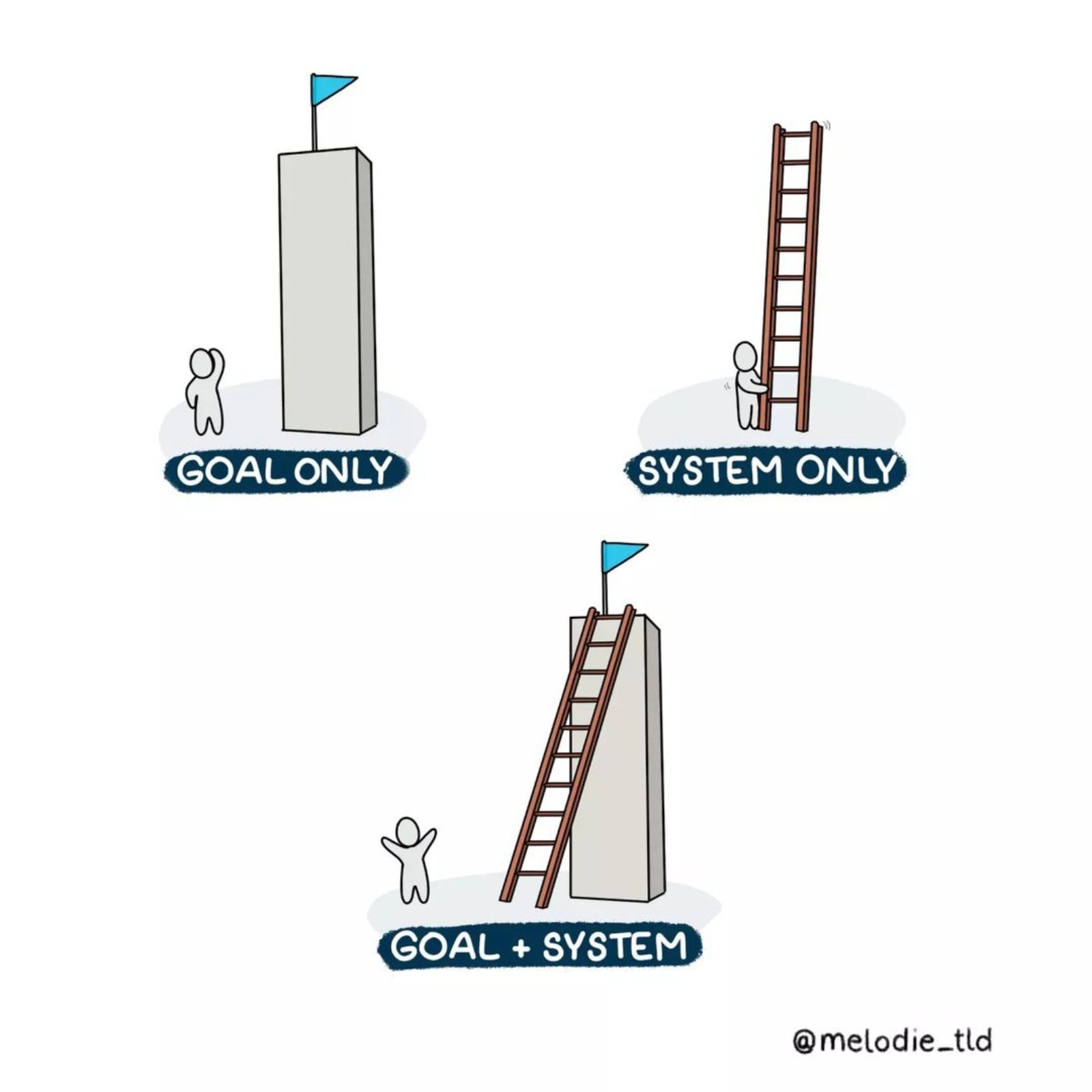c/o “Atomic Habits” by James Clear
Goals describe the results you want to reach. Systems describe the processes, habits, structures, and conditions that create those results. A goal can set direction, but progress depends on the strength and consistency of the system that supports it. Improved results come from improving how you work, decide, behave, and organise, rather than from setting new targets. I think you do not rise to the level of your goals; you fall to the level of your systems.
Systems determine who succeeds, who is overlooked, and who becomes excluded. Well-designed systems distribute opportunity; poorly designed systems concentrate power. A system often protects the powerful long before it protects the marginalised, which is why systems must be examined, tested, and intentionally reshaped.





















